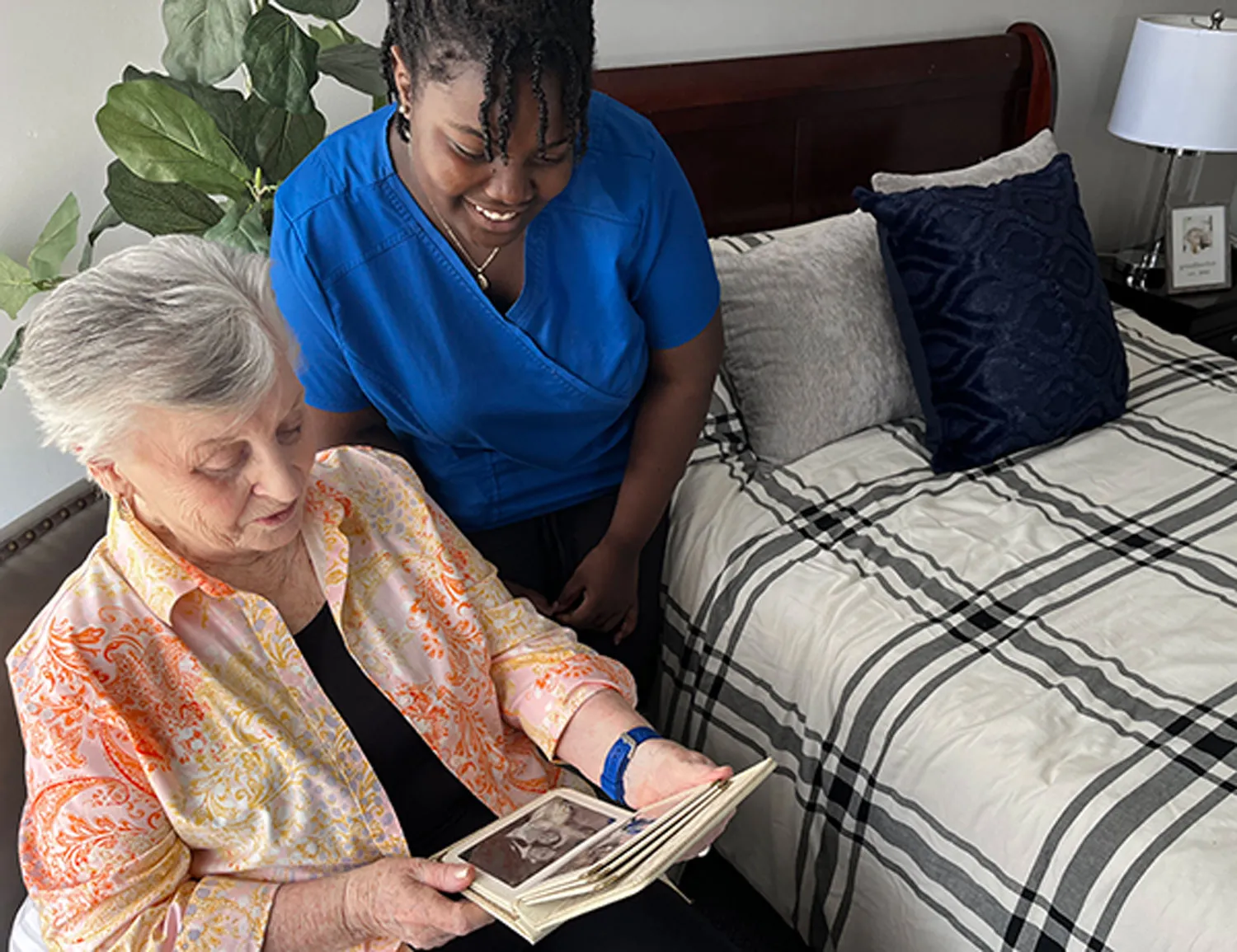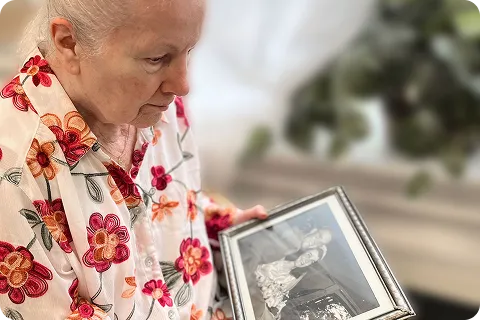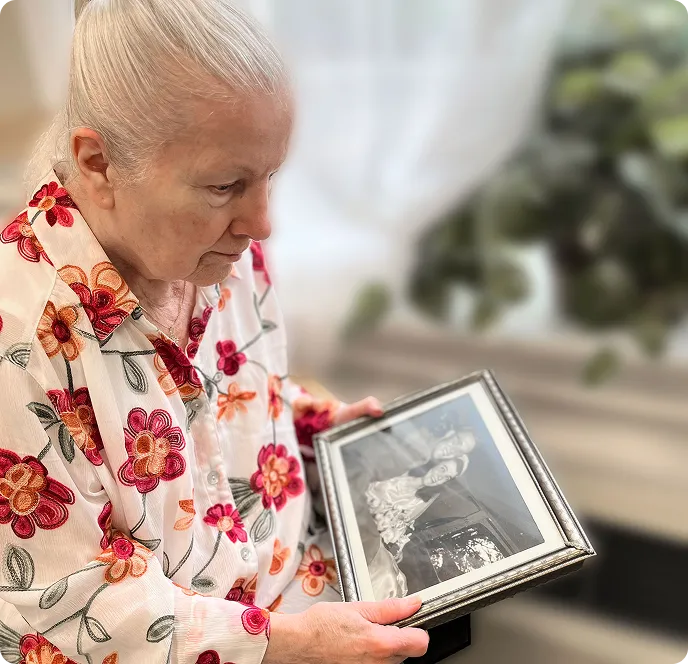(631) 778-7747
The Right Way to Deal With Loneliness

The Right Way to Deal With Loneliness
September 19, 2016
Did you know that roughly 60 million people in the United States are affected by some form of loneliness? While it may not seem as severe as disease and other health conditions, loneliness can affect your health in similar ways. It’s important to deal with your loneliness with the right approach.
What is Loneliness?
Loneliness is the feeling of being alone, isolated, or not included in the lives of others. It is the difference between the social interaction you want and what you actually get (if it’s the lesser one). Feeling lonely can affect any type of person, can be genetically worse in some than others, and is very common in those who are older — especially retirees.
How Loneliness Affects You
When someone is feeling lonely every day, chemicals are released into the body that can have negative effects on your health. The mental stress and chemicals released can increase the risk of heart disease and memory loss. Studies have shown that the stress of loneliness is more dangerous to your body than air pollution, while also being just as dangerous as smoking, obesity, and alcoholism.
How to Deal With It
The first step is to recognize that you are lonely and corrective action needs to be taken. Once it is recognized, you should reach out to your family and closest friends for support. Whether it’s meeting up to have lunch, talking on the phone, or chatting with them online, an attempt at social interaction is needed. Those who are lonely should also be open to making new friends, taking new classes, and experiencing things they never have before. New experiences can help connect people that might not have met elsewhere.
Loneliness can affect anyone, but it’s important to know how to overcome it and prevent it in the future. For other useful tips and information, visit our blog! If you’re interested in learning more, or visiting The Arbors Assisted Living community, schedule a tour by contacting one of our five convenient locations:
Recent News
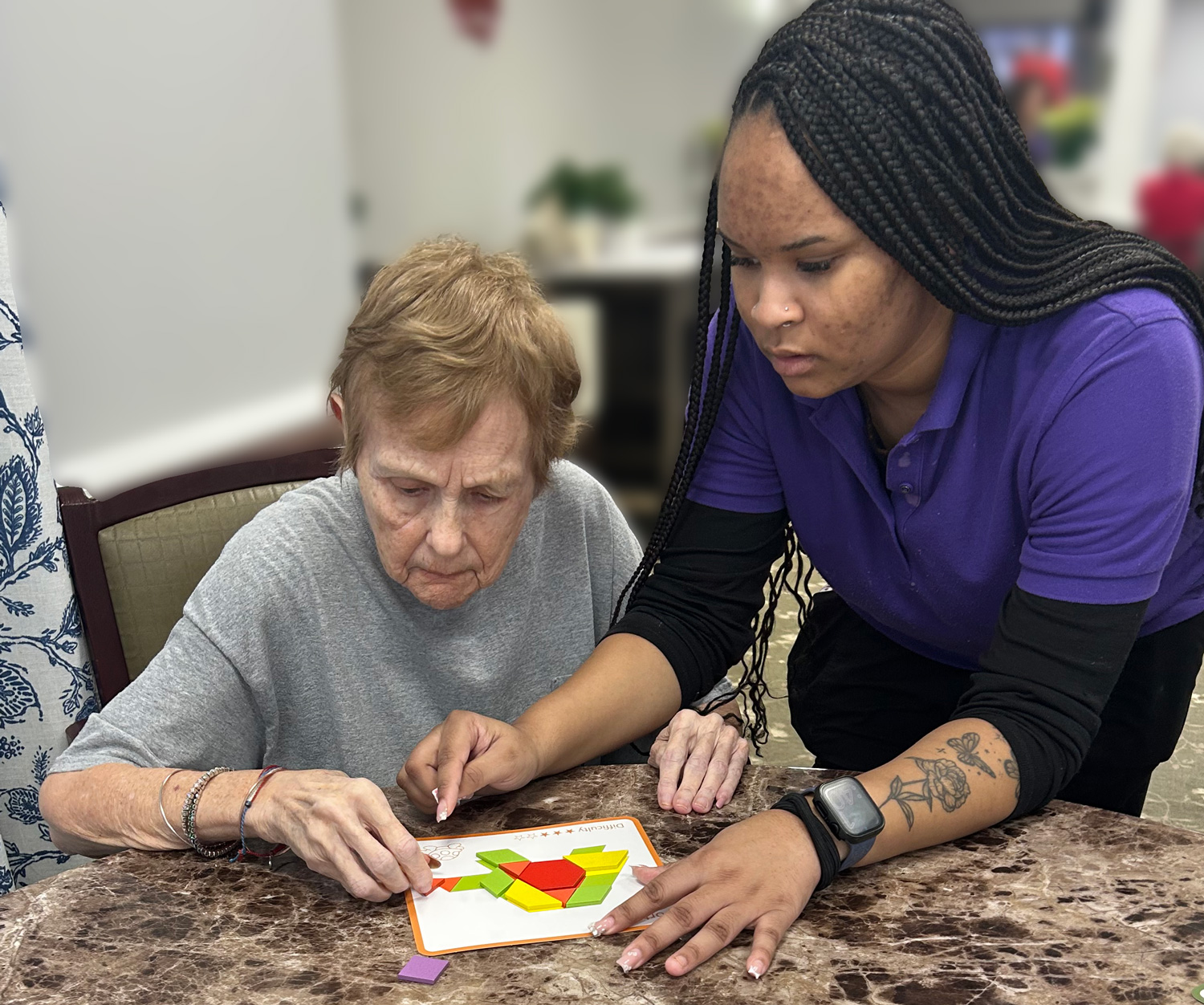
The Power of Touch
February 9, 2026

Winter Readiness for Caregivers: Do You Have a Plan?
January 6, 2026
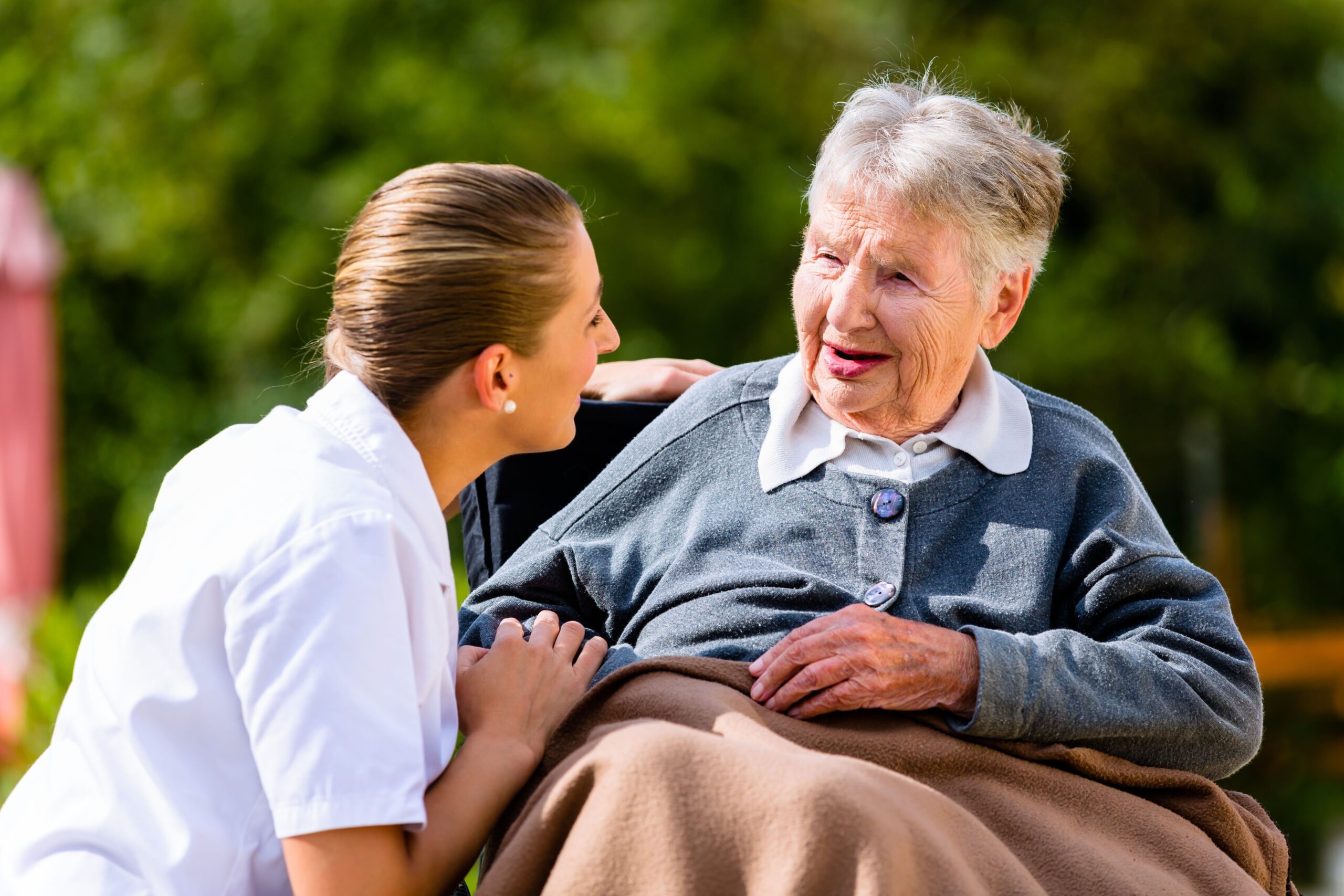
Important Topics to Discuss With Local Assisted Living Centers
November 10, 2025
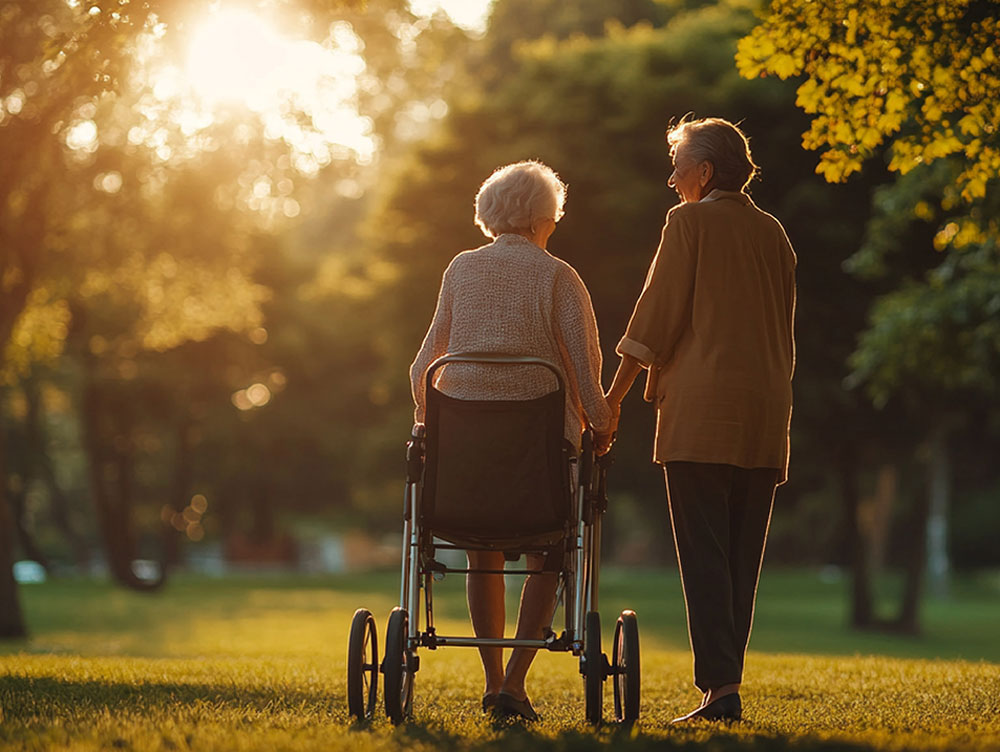
When It’s Time: Helping Your Parents Accept the Need for Assisted Living
October 15, 2025

How to Encourage an Aging Parent to Shower When They Refuse
July 2, 2025
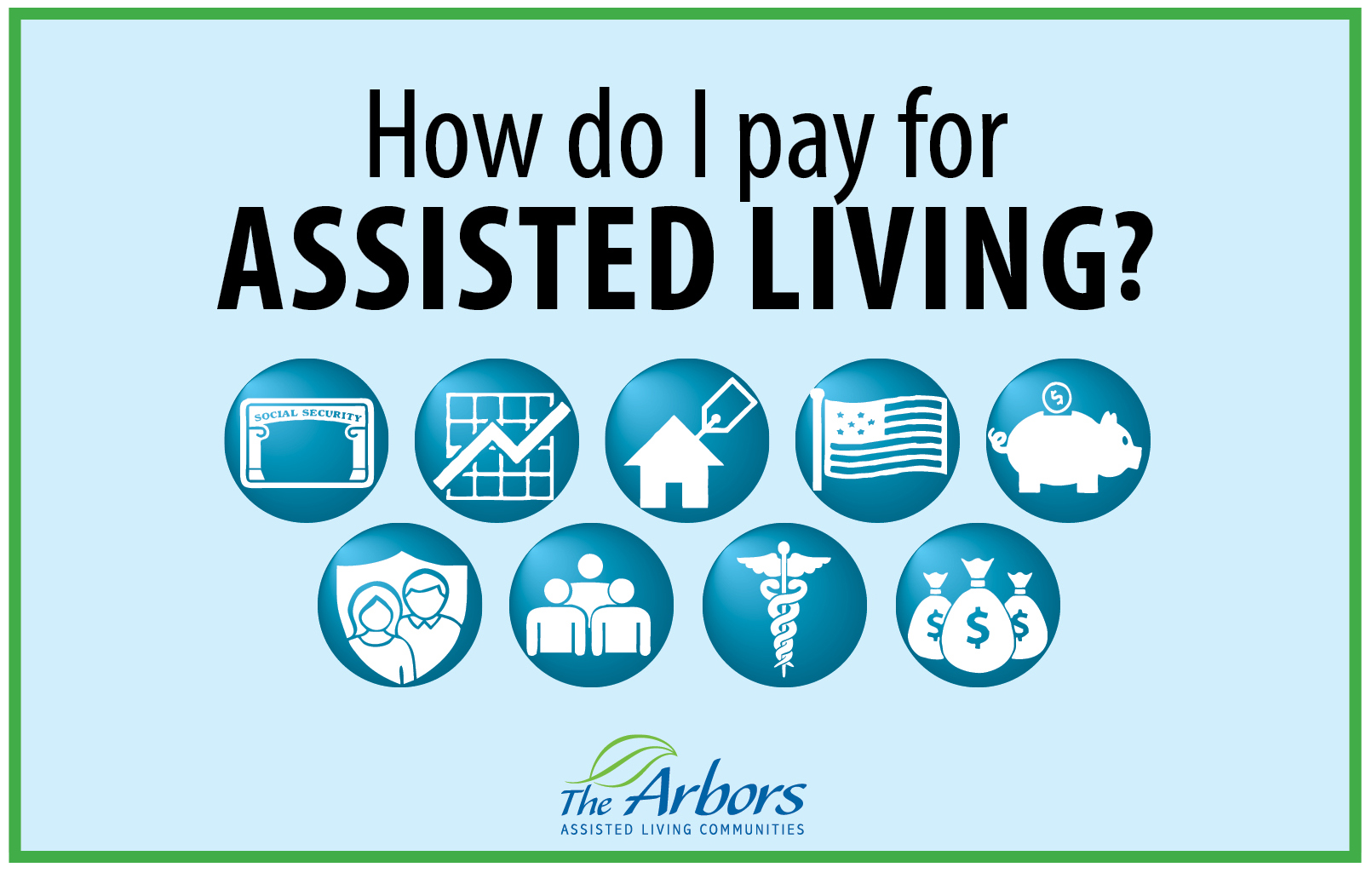
How Do I Pay for Assisted Living
June 6, 2025
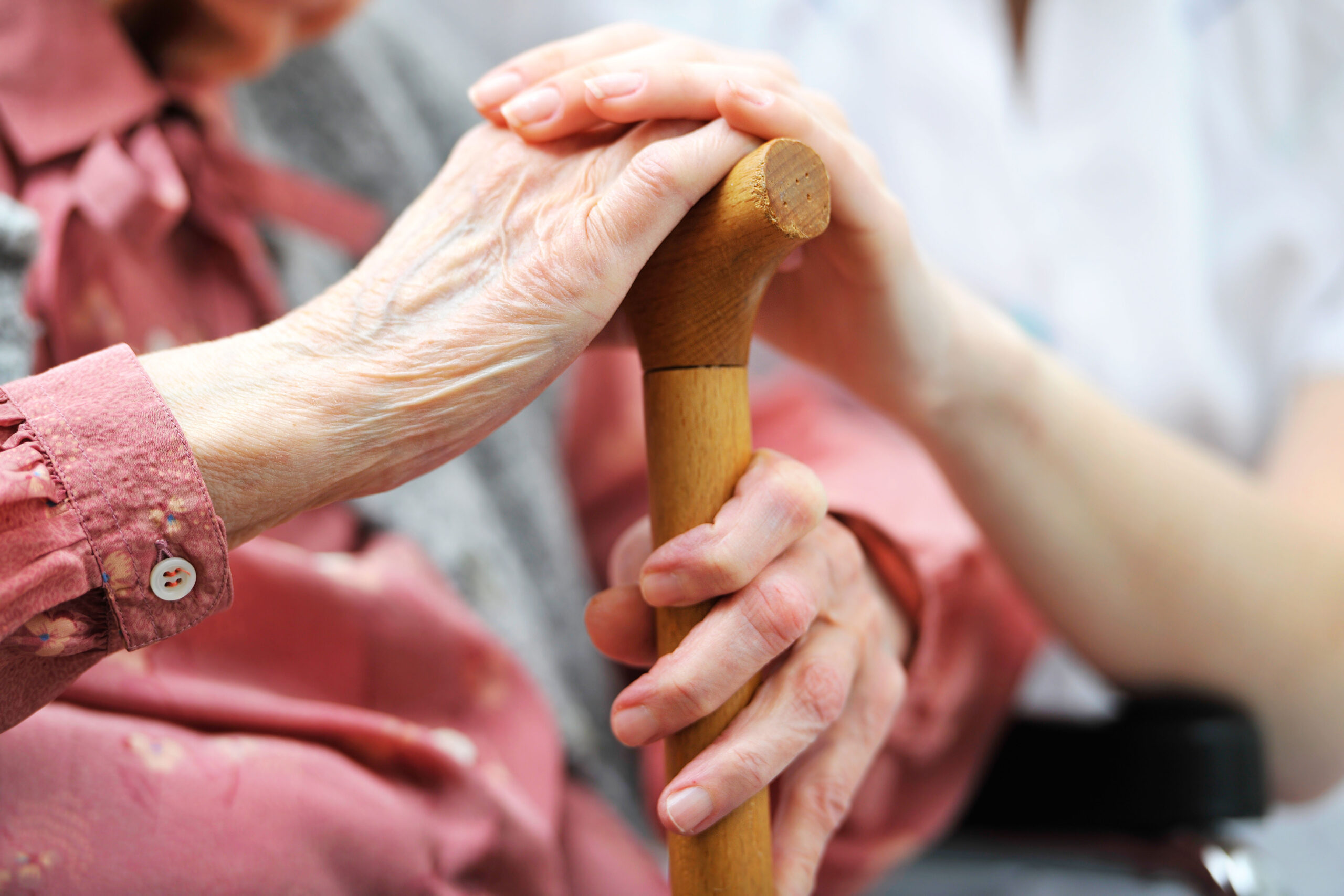
3 Signs You Should Consider Assisted Living
May 15, 2025
GET IN TOUCH
Let’s Talk About Making The Arbors Your Home
REQUEST A VISIT
Schedule a Tour of our Long Island Assisted Living Communities




